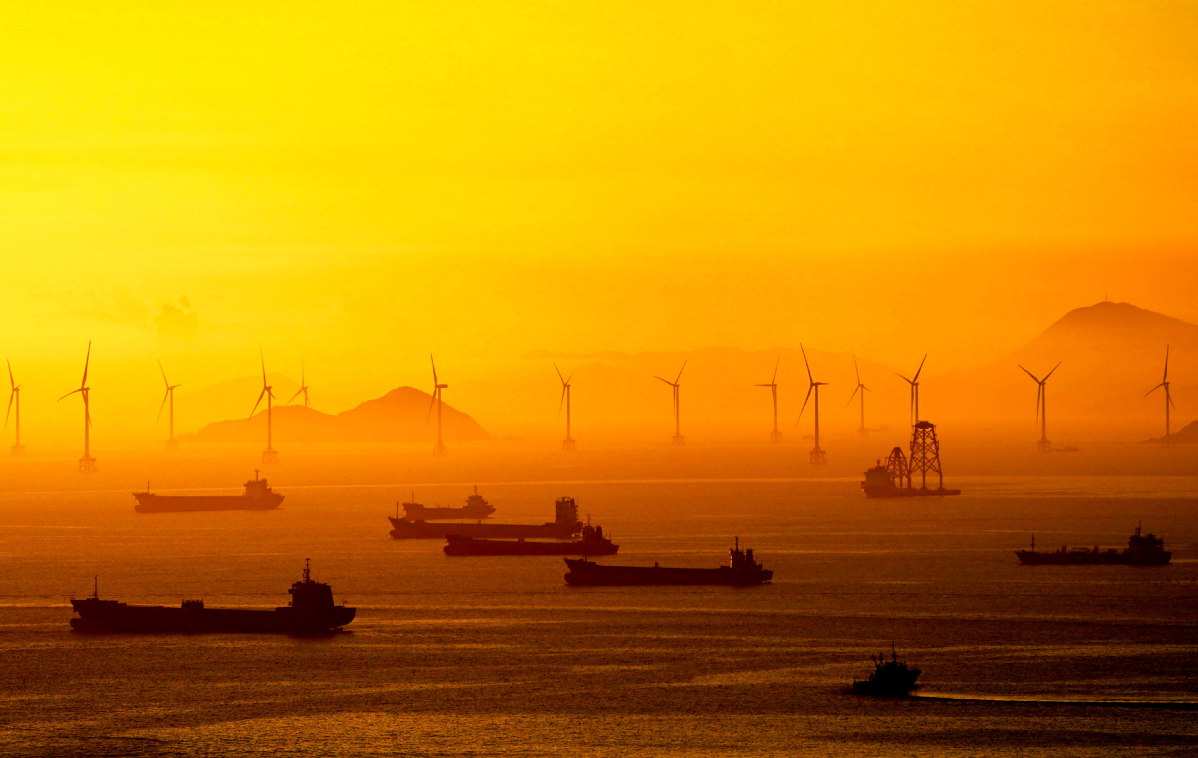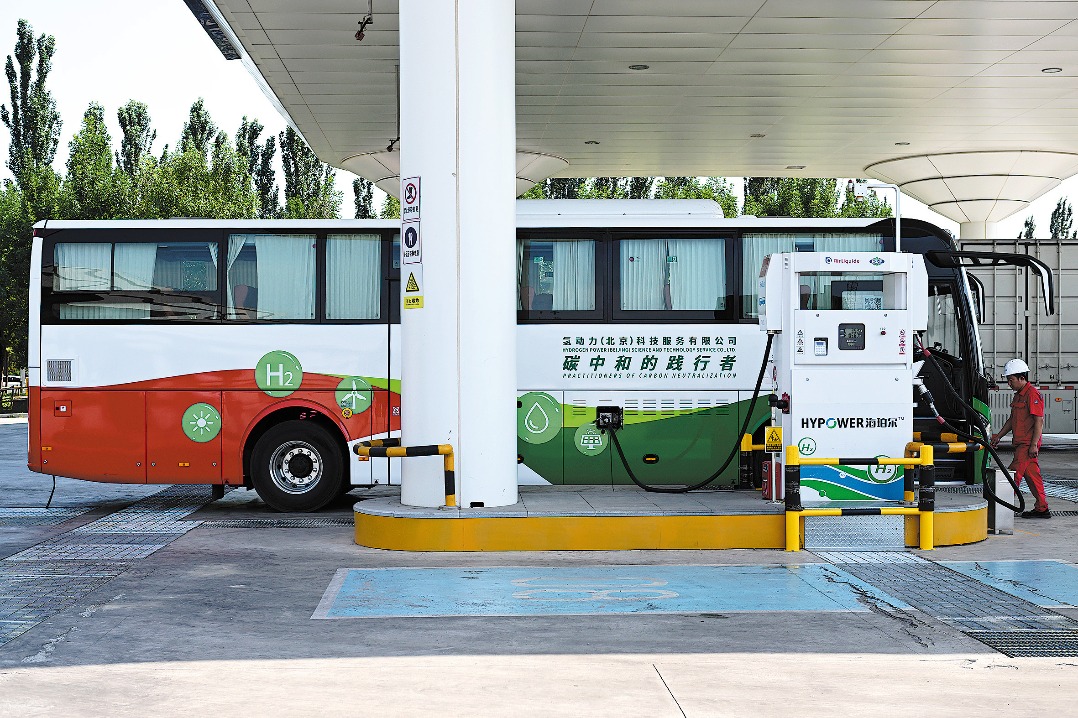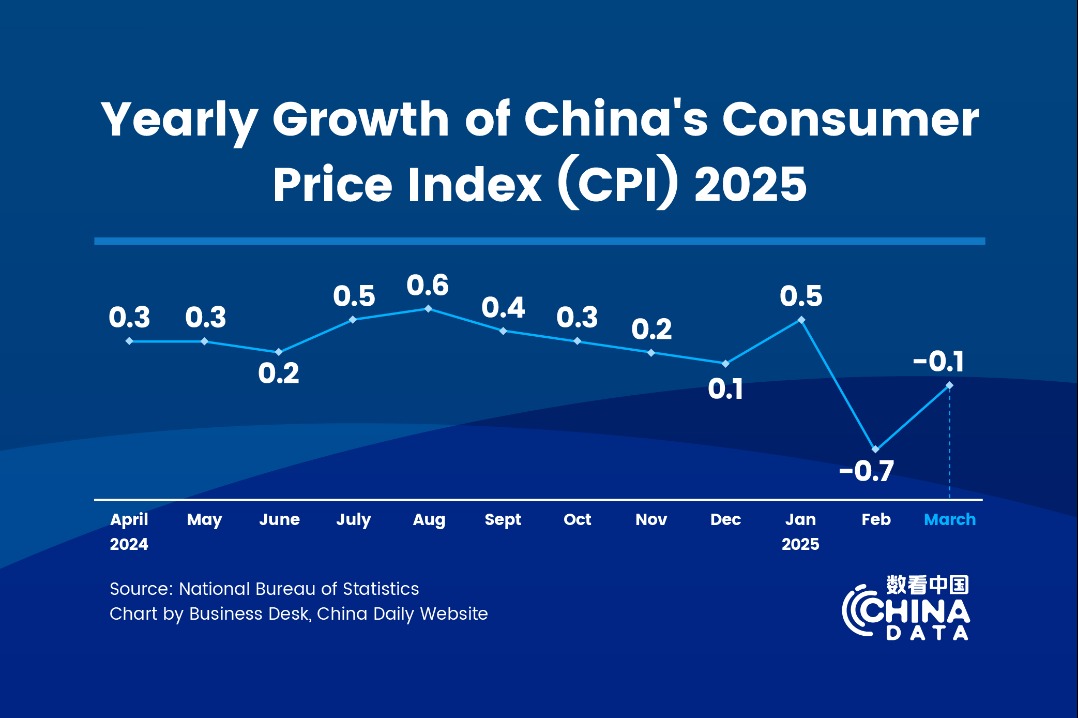Clean, green, profitable, and growing


Zhou Dadi, vice-president of the China Energy Research Society, said China's energy structure will experience fundamental changes as the share of fossil energy in the primary energy mix is set to decline sharply while the share of renewables will likely grow rapidly, so as to achieve the carbon neutrality goal.
His view found an echo in Liu Yiyang, deputy secretary-general of the China Photovoltaic Industry Association. Liu said the output of the country's newly installed solar projects will reach over 65 GW per year from this year to 2025.
According to BloombergNEF, a provider of primary research on clean energy, advanced transport, digital industry, innovative materials and commodities, China is the biggest emerging market for clean energy investment, which "appears to weather the coronavirus storm better than other sectors of the global economy so far".
Developing countries including China have made "massive strides "in the last decade in attracting clean energy capital and building unprecedented volumes of wind and solar capacity, it said.
The research firm called for a sustainable recovery from the COVID-19 pandemic by making the best possible use of public finances to attract private investment from both national and international investors.
Many companies are also laying out plans further exploring the new energy potential in China.
State Power Investment Corp, the world's largest investor in solar power generating plants, said it will further step up investment in clean energy.
It plans to raise its installed power capacity to more than 220 GW by 2025, with more than 60 percent being clean energy, including hydropower, wind power, photovoltaic, as well as energy storage.
According to Qian Zhimin, chairman of State Power Investment Corp, profits from clean energy have been far more than those from the traditional fossil fuels in recent years.
Despite the pandemic, the company still saw a stable rise in its net profit, which Qian attributed to the development of clean energy.
Shell, a leading international oil retailer in China, also sees huge potential in the country's new energy sector.
According to Huibert Vigeveno, the company's downstream director, Shell is optimistic about the potential in China's hydrogen sector and will further involve itself in China's hydrogen projects. Shell unveiled its first commercial hydrogen project in China in November.
This joint venture with Zhangjiakou City Transport intends to advance the development of hydrogen and clean energy in the region and supply refueling stations in Zhangjiakou, a prefecture-level city in Hebei province, one of the co-hosts of the Beijing 2022 Winter Olympics, he said.
Although the heavy haul transportation industry still prefers liquefied natural gas as the midterm solution to meet its heavy demand, hydrogen will likely emerge as the answer in the long run, Vigeveno said.
He also said the company foresees more than 50 hydrogen refueling stations worldwide, including those in Germany, the Netherlands and the United Kingdom, benefiting from the experiences in China.




































